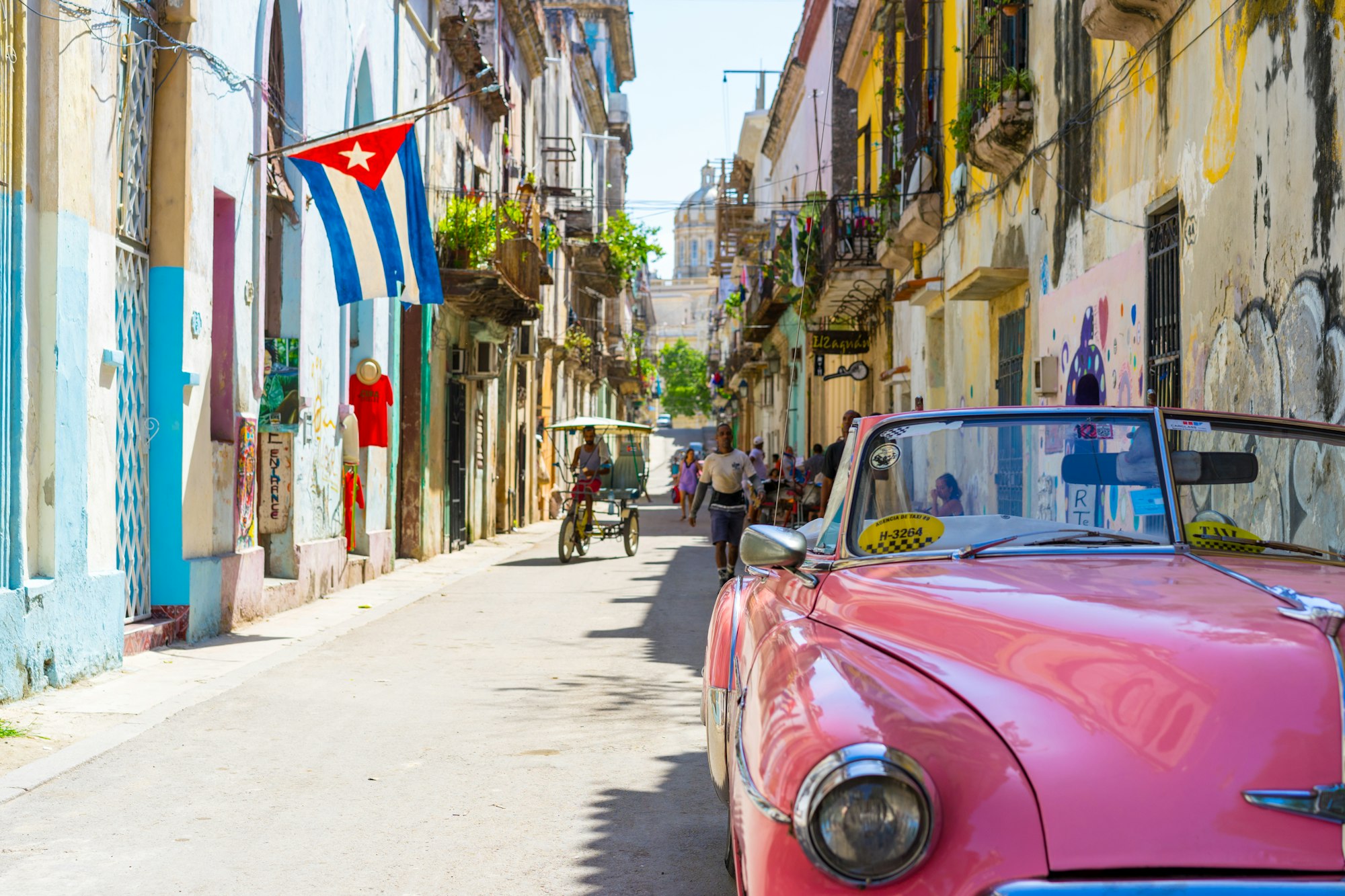View the Country Report for Cuba in the Oxford Compendium of National Legal Responses to Covid-19
Cuba is a unitary republic with a sui generis system of government. The Constitution of 10 April 2019, the second promulgated in the socialist era, is structured under the principle of unity and rejects the tripartite separation of powers. The National Assembly of People´s Power is the supreme organ of the State, placing it as the center of gravity of the entire system of government. This means that the other organs, the Council of Ministers and the President of the Republic, are subordinated to the National Assembly in terms of election, designation, revocation, accountability and control.
The public health measures adopted by the Cuban Government in response to the Covid-19 pandemic were divided in three phases, depending on the severity of the situation. The pandemic surveillance system based on testing, tracking and isolation of confirmed cases was deemed to be 'aggressive' by the World Health Organization. Such a strategy relied upon the strengths of the Cuban healthcare system: universal access to health services, a high percentage of medical personnel per capita, a structured system of primary care and a history of facing emergency settings during annual hurricane seasons.
As of 15 December 2021, Cuba had reported 8,313 deaths due to Covid-19. However, these numbers have been questioned by demographers and epidemologists. Furthermore, the pandemic has heightened adversities in the healthcare system, which was already plagued by severe problems: the number of hospitals, both rural and urban, and of beds were restricted. A scarcity of medication, as well as supplies of soap, detergent and water, led to a gradual deterioration of sanitation. Harsh financial constraints prevented the import of sufficient medicines, masks and ventilators/respirators.
